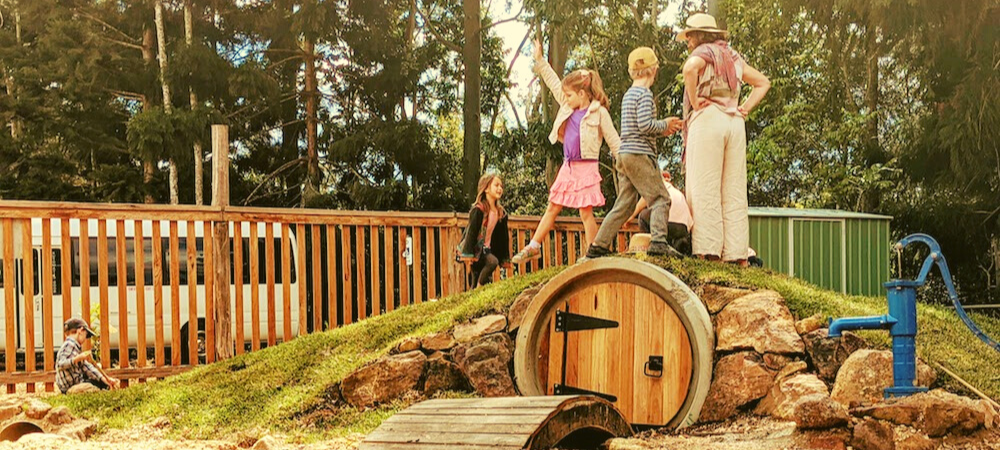Approach to Digital Technology

Steiner education adopts a graduated approach to the use of digital technology in the classroom
Computers, the Internet, and smartphones were not around in Steiner's day. We now live in a highly technological age - the age of the Fourth Industrial Revolution - the age of Cyber Space. Young people need to be digitally literate.
Digital technologies are shaping our world we want our children to master but not be shaped by them. For us, it is a question of when to introduce digital technologies, not whether to introduce them.
The Steiner approach is based on Steiner's picture of providing the healthiest context in which the whole child can develop - a three-fold development of the head, heart and hands in a balanced way.
Given this context of holistic development, we believe the most beneficial time for the introduction of digital technologies in the classroom is the upper primary years or early secondary years.
Steiner education builds capacities, not just skills
Children need to be encouraged and supported to be imaginative, creative, curious and articulate. From a mental health aspect, the negative impact of too much screen time throughout childhood and adolescence is steadily becoming more visible.
Diverse research studies have shown that spending time in front of a screen for young children can interfere with overall development. For their optimal physical development children need to be active, not sedentary. For their social and emotional development they need to be interacting with other human beings: peers, teachers, families - collaborating, questioning, sharing, negotiating, listening, talking etc. For their intellectual development they need to be thinking, curious creative, problem-solving out of lived experiences.
Teaching and learning are a human experience
Teachers in a Steiner school constantly ask themselves 'who are these children in this place and time'. This question guides the teacher in what is presented when and how. We take what is naturally growing in the child and draw it out of them. Technology cannot replace that. Real engagement and learning comes from great teachers - those who inspire with passion and warmth.
The impact of digital technology on student performances has been mixed at best over the past decade
In the past decade, schools have been dazzled by the promise of what digital technology can deliver in the classroom. These hopes have proved to be false. Andrew Schleicher, Educational Director, OECD, said in a 2015 report that studies have shown that frequent use in the classroom equaled lower results academically.
"If you look at the best performing education systems, such as those in East Asia, they've been very cautious about using digital technology in their classrooms."
It is also seen to be affecting the mental hygiene of students - fast-paced, stressful, lower concentration levels, inattention, speech delays, poor social interactions and negative behaviour. Countries that have invested heavily in ICT technologies for education have seen no noticeable improvement. Australia is amongst those countries whose results in international OECD tests have actually declined.
Specifically, studies have suggested the following:
- Shallower processing
- Distraction through multi-tasking, multiple screens
- Impaired level of retention
- Impaired level of comprehension
- Lack of collective intellectual life - discussion and debate
There is no rush to acquire digital technology skills
An article published in the Guardian in 2015 explored the fact that in Silicon Valley, many employees of tech giants, Google, Apple and Yahoo, send their children to Waldorf (Steiner) schools. One of the stated reasons was that the approach teaches students the innovative thinking capacities that may employees require.
"I fundamentally reject the notion that you need technology aids in elementary schools. It's super easy. It's like learning to use toothpaste. At Google and all these places, we make technology as brain-dead easy to use as possible. There is no reason why students can't figure it out when they get older." - Alan Eagle, Executive Communications, Google, 2011.
